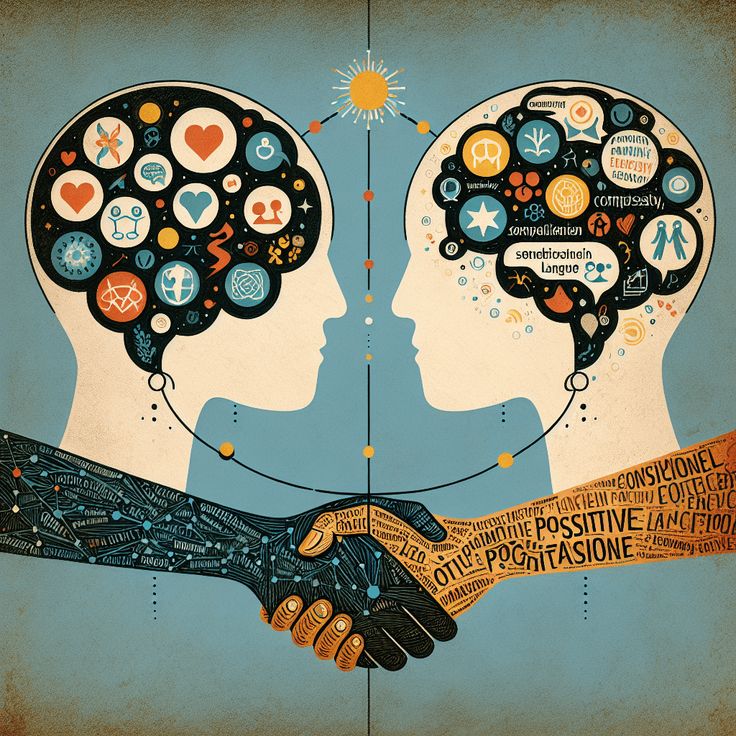
The Power of Social Intelligence: Why It Matters More Than Ever
In today’s fast-paced and hyperconnected world, the ability to understand and navigate social environments isn’t just a “nice-to-have” — it’s essential. Social intelligence, often overshadowed by its cousin emotional intelligence (EQ), plays a critical role in building relationships, succeeding at work, and maintaining mental well-being.
What is Social Intelligence?
Social intelligence is the capacity to effectively navigate and negotiate complex social relationships and environments. It involves understanding other people’s emotions, intentions, and behaviors — and responding to them appropriately. Coined by psychologist Edward Thorndike in 1920, the concept has evolved to include elements like empathy, social awareness, conversational skills, and self-presentation.
In essence, social intelligence is the art of getting along with others.
Key Components of Social Intelligence
- Empathy
The ability to sense and relate to what others are feeling — not just intellectually, but emotionally. - Social Awareness
Recognizing social cues, understanding group dynamics, and interpreting tone, body language, and unspoken signals. - Conversational Skills
Knowing how to start, maintain, and end conversations effectively — while also being a good listener. - Self-Regulation in Social Situations
Managing your own emotions, impulses, and reactions in a socially acceptable manner. - Influence and Persuasion
The ability to positively shape interactions, resolve conflicts, and guide others toward constructive outcomes.
Why Social Intelligence Matters
- Career Success: In most jobs, technical skills will get your foot in the door, but social intelligence determines how far you’ll go. Leadership, collaboration, networking, and conflict resolution all hinge on strong social skills.
- Better Relationships: Whether in personal life or professional settings, the ability to connect deeply with others is a cornerstone of meaningful relationships.
- Mental and Emotional Health: People with high social intelligence often report lower levels of stress, anxiety, and depression — largely due to stronger support systems and better communication.
- Cultural Adaptability: In an increasingly globalized world, those who can quickly pick up on cultural norms and adjust their behavior accordingly thrive in diverse settings.
Can Social Intelligence Be Learned?
Absolutely. While some people may have a natural flair for social situations, social intelligence is not fixed. It can be nurtured and developed through:
- Active listening
- Mindfulness and self-reflection
- Reading social situations
- Practicing empathy
- Receiving constructive feedback
Engaging in diverse social experiences, observing socially skilled individuals, and being open to learning can go a long way.
Final Thoughts
Social intelligence isn’t about being the loudest voice in the room or the most charming presence. It’s about connection, understanding, and interaction. As the digital age continues to shift how we communicate, the human ability to relate — genuinely and intelligently — becomes more important than ever.
Mastering social intelligence doesn’t just improve how others perceive you; it transforms how you understand the world around you.